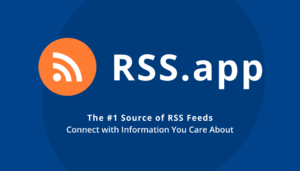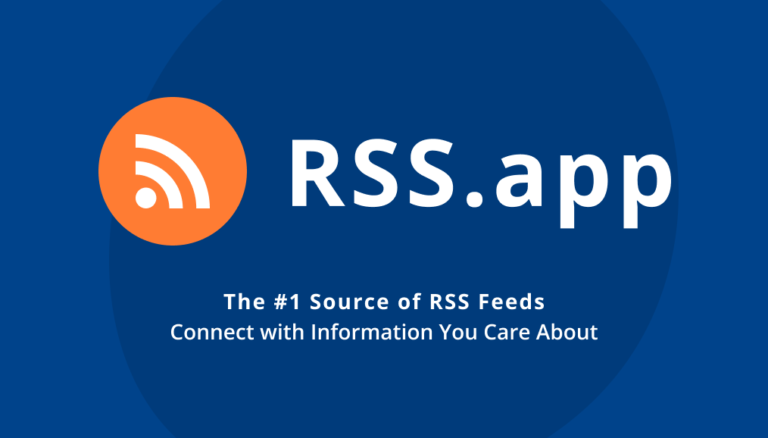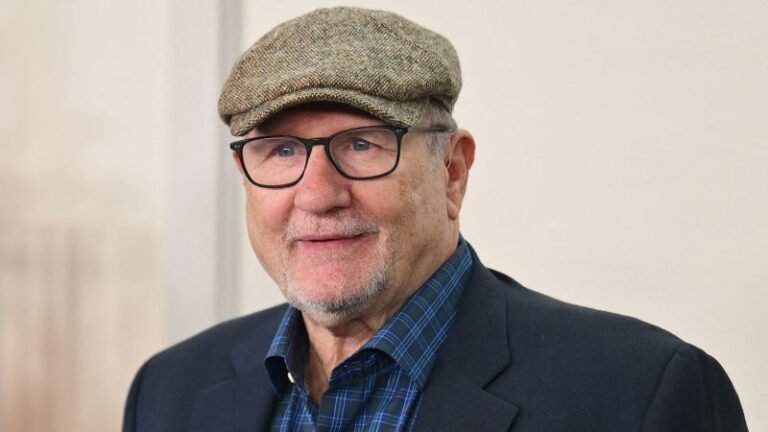Editor’s note: The podcast Chasing Life With Dr. Sanjay Gupta explores the medical science behind some of life’s mysteries big and small. You can listen to episodes here.
(CNN) — Matthew Perry’s 2023 death from what the Los Angeles County medical examiner’s office determined were “the acute effects of ketamine” cast a shadow over a medication that has been enjoying growing popularity as therapy for depression and other mental health conditions.
(The report listed drowning as a contributing factor; Perry was found face down in a hot tub at his home.)
The actor’s death raised questions about how ketamine is being used — and possibly misused — in a largely unregulated landscape that some critics liken to the “Wild West” due to a proliferation of clinics around the country. Perry, who had struggled for years with drug addiction, had been open about receiving ketamine therapy for depression.
“Matthew Perry sought treatment for depression and anxiety and went to a local clinic where he became addicted to intravenous ketamine,” Anne Milgram, the Drug Enforcement Administration’s administrator, said at a recent press conference. “When clinic doctors refused to increase his dosage, he turned to unscrupulous doctors who saw Perry as a way to make quick money.”

Prosecutors said a underground network of drug sellers and suppliers — including two doctors — were responsible for distributing the ketamine that killed Perry. Five people have been charged in connection with the death of the “Friends” actor. Three are cooperating with prosecutors, while two defendants have pleaded not guilty to respective charges that include falsifying medical records and conspiracy to distribute among others.
To be clear, ketamine is only approved by the US Food and Drug Administration as an anesthetic and not for the treatment of any psychiatric disorder. (The FDA approved a related drug, esketamine, sold as Spravato, in 2019 for people with treatment-resistance depression.)
But the scientific evidence showing that ketamine can be helpful in patients with treatment-resistant depression and suicidal ideation is strong and goes back at least 20 years.
Still, the circumstances surrounding Perry’s death has brought scrutiny to the relatively new and somewhat misunderstood practice.
“Ketamine is such a different type of treatment than traditional treatments, not just for depression, but in medicine in general,” psychiatrist Dr. David Feifel, founder of Kadima Neuropsychiatry Institute, a private clinic in San Diego that administers ketamine therapy to patients, told CNN Chief Medical Correspondent Dr. Sanjay Gupta recently on his podcast Chasing Life.
“One of the major differences is that the actual setting and the patient’s state of mind when they are receiving the treatment play a big role in the outcome, the therapeutic effect.”
You can listen to the podcast’s full episode here
Feifel, a professor emeritus of psychiatry at the University of California, San Diego’s School of Medicine, was one of the first doctors to use ketamine off-label to treat depression at the school’s Center for Advanced Treatment of Mood and Anxiety Disorders, according to an article in the journal The Lancet.
Unlike traditional antidepressants that target the neurotransmitters serotonin and/or norepinephrine, ketamine targets glutamate — the most abundant chemical messenger in the brain, Feifel said. It also appears to enhance neuroplasticity, stimulating new connections or pathways in the brain.
Ketamine was originally developed in the 1960s as an anesthetic — an application for which it is still used today. (It is on the World Health Organization’s Model List of Essential Medicines.)
But Feifel said the drug’s dissociative and hallucinogenic properties — which made it such a popular party drug — may hold the key to why it helps some people with depression and other mental health disorders.
“Ketamine treatment is associated with an altered state of thinking, a psychedelic-like state of thinking, for a short period of time. There’s a substantial amount of evidence that that is part of the therapeutic effect,” Feifel said. “This psychedelic-like experience allows people to view things through a different lens that seems to play a role in their improvement.”
But, Feifel noted, it can be emotional and unpleasant for some — and it leaves patients undergoing treatment vulnerable because they are not fully in control of their faculties. As a result, proper preparation and supervision are essential, he said.
Feifel said he started treating patients with ketamine because existing treatments don’t work for everyone.
“When I started in psychiatry, one of the motivations was that I knew mental illness was an incredible scourge of society. The statistics are just unbelievable in terms of rates of depression, anxiety, PTSD (post-traumatic stress disorder) and suicide — and they are not getting better,” he said. “And after 50 years of medications, they really haven’t gotten better. So there’s a huge need.”
Here is what Feifel wants people to know about ketamine, especially if they or someone they know is interested in trying it.
Ketamine can be a lifeline for certain people who have not responded to common treatments for depression, such as medications and different forms of psychotherapy.
“(It’s) probably the biggest advance in the field of mental health in terms of treatments in many decades,” Feifel said.
“It is highly effective when conventional (treatments) are not effective,” he said. “And its rapid effectiveness against suicidal thoughts (is) really important. We’ve never had anything like that where we can give it to somebody … and it can, sort of, vaporize their suicidal thinking.”
And when done under appropriate medical supervision, ketamine is safe.
“It is almost impossible to die from an overdose of ketamine alone,” he said, because it doesn’t lower respiration rates, “which is very unusual for an anesthetic,” and it has a wide therapeutic range.
Feifel pointed out Perry’s death didn’t happen in a clinic under treatment. “There was no medical oversight,” he said. “This was not given in anything that resembled a medical context.”
If you are looking to try ketamine as treatment for depression or another mental health condition, do your homework.
“If anybody is considering (ketamine therapy), they have to be somewhat cautious,” Feifel said, “because currently it’s a very, unregulated landscape, where there are a lot of, let’s say, providers that may not be (using it) under the highest standards. And then it can be risky.”
To find an appropriate provider or clinic, start by asking your psychiatrist. “Even if they don’t practice with ketamine themselves, (they) are probably aware of their local colleagues who do so, and the ones who have a good reputation,” he said.
Find a clinic run by a mental health professional.
“The problem is many of these providers are not optimal,” Feifel said. You wouldn’t go to a urology clinic run by a psychiatrist, he noted, so why would you go to a ketamine clinic run by a urologist?
“In general, a large proportion of the clinics are not run by mental health professionals, namely psychiatrists.”
Feifel said some clinics may do a good job but many don’t. “They don’t have the background,” he said, pointing to a psychiatrist’s years of residency and specialty training, not to mention deep understanding of complex medication regimens.
“Remember, the people who are coming to this treatment have the most resistant types of depression, the most complex, often with other mental illnesses commingled,” he said.
Seek out a clinic that includes psychotherapy as part of the treatment plan.
“The highest standard is to do ketamine treatments in the context of the specialized type of psychotherapy called ketamine-assisted psychotherapy,” Feifel said. “A provider that also has a multidisciplinary team that includes licensed therapists who are trained in this — that’s a barometer of a very high level of commitment to the best practices in ketamine.”
You don’t want to walk into a clinic, get an infusion and then be sent on your way without proper follow-up support, he said.
During the height of the pandemic, rules around prescribing controlled medications, such as attention deficit hyperactivity disorder drugs, were relaxed to allow for continuation of therapy. This flexibility of the prescribing rules could spell trouble for someone getting ketamine therapy via telehealth.
“There are companies now that will have patients do a quick telemedicine consultation with, let’s say, a nurse practitioner … just to check that box that there was a medical assessment, and then they get sent ketamine to their house to do on their own,” Feifel said. “That’s exactly part of the problem: doing it on your own, unsupervised (and) thinking, ‘Oh, this is fine.’”
He said people should steer clear of home ketamine, at least initially. “I think it’s a recipe for disaster,” he said.
Feifel said he believes the public can separate what happened to Perry from the promise of ketamine therapy.
“There are people who traffic in drugs and, unfortunately, people who get addicted to drugs, even drugs that are relatively low on the addiction potential scale as ketamine is,” he said. “So, I think people in their minds will separate this. … That is not medical care.”
Listen to the full episode here. Starting next week, new episodes of the Chasing Life podcast will be released on Fridays.


















+ There are no comments
Add yours